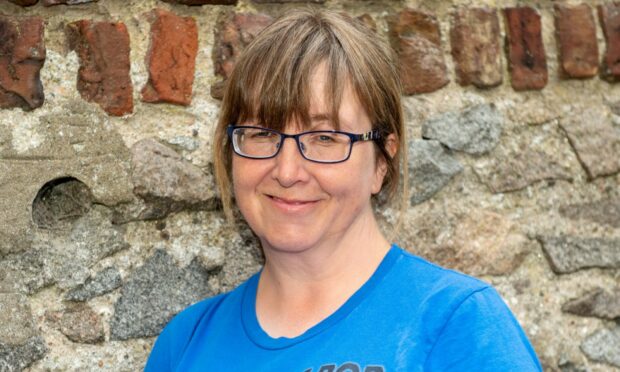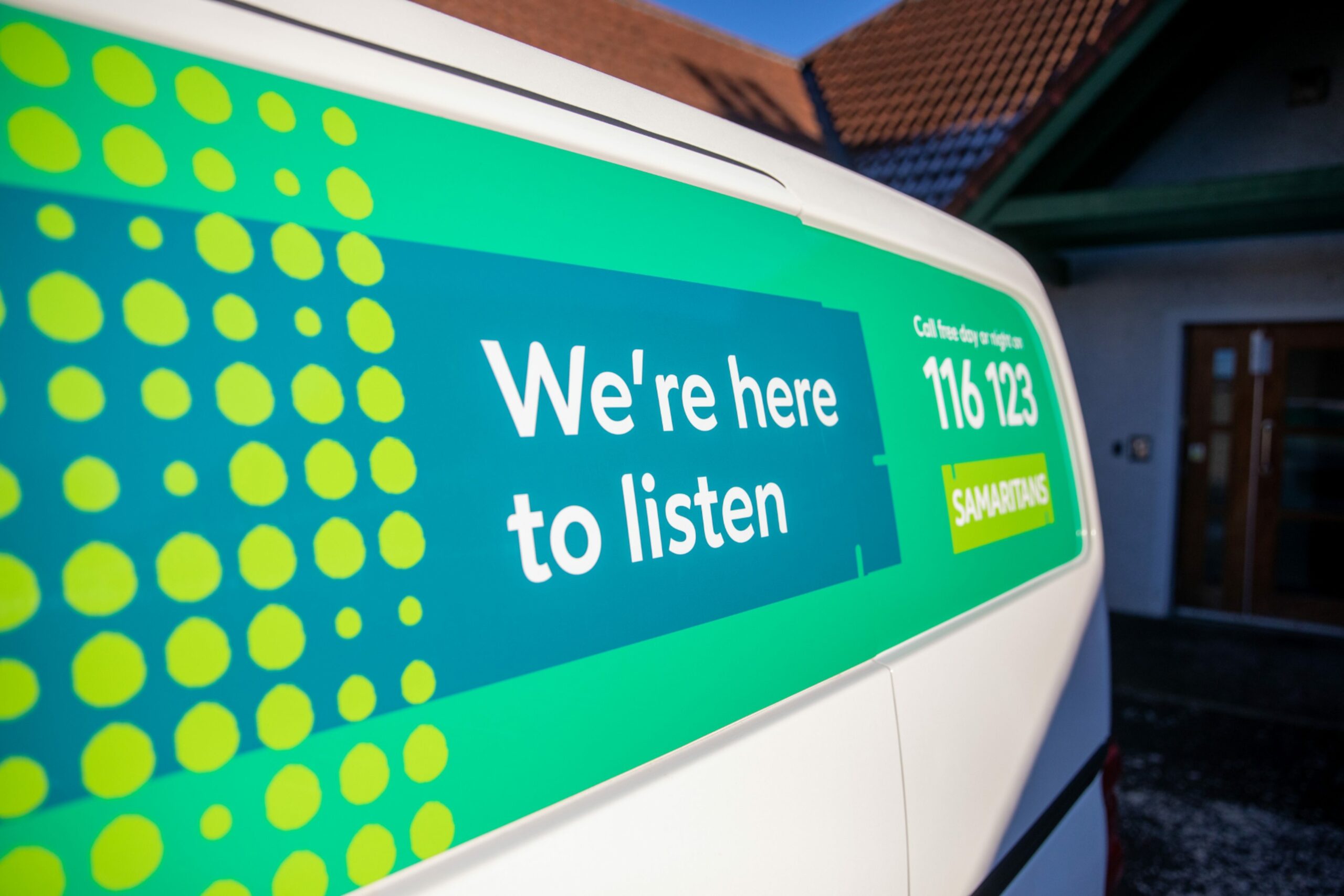Samaritans in Aberdeen have launched a new taboo-busting campaign which could be crucial in saving lives.
The charity’s reigniting a nationwide initiative to get people talking more openly, especially in times of crisis.
It comes after a survey showed just 50% of UK adults would feel comfortable approaching and speaking to a stranger they were concerned about.
Samaritans first launched Small Talk Saves Lives in 2017, and it’s now being relaunched with the backing of Network Rail and the British Transport Police.
It’s hoped it will encourage the public to “trust their instincts” and start a conversation if they think someone needs help.
Polling by the charity found that just 9% of us would prefer to have a first-time conversation with someone they don’t know face-to-face.
Meanwhile, 33% would want to chat over the phone, and 18% would rather communicate by email.
In addition, it found that almost half of people who wouldn’t feel comfortable approaching someone were worried “the person wouldn’t welcome their approach”.
One-quarter said they wouldn’t know what to say.
But Samaritans’ Aberdeen branch director Maria Cowie says that shouldn’t matter.
‘It’s about showing you care’
“It’s understandable that you might feel nervous about approaching someone you don’t know, but at Samaritans we know that suicide is preventable and suicidal thoughts are often temporary,” she explained.
“So, just by having the confidence to trust your instincts, and use those small talk skills we all have, it could be all it takes to help interrupt those thoughts.
“We hope that message is reassuring to people if they are worried, as there’s no evidence that you will make the situation worse and you don’t need training for this.
“It’s about being there for that person, listening and showing you care which can make all the difference.
“It has been a challenging time for everyone recently, so let’s look out for one another and save lives.”
You might start to overthink or second-guess yourself, but trust your instincts if you see someone who you think might need help.
By talking to them, or finding someone who can, you could save a life.
Watch to find out how #SmallTalkSavesLives https://t.co/TAKrq0nnSp
— Aberdeen Samaritans (@aberdeensams) February 22, 2023
Samaritans can be contacted day or night, free of charge, on 116 123.
The number can be called even on a mobile without credit, and the number won’t show up on your phone bill.
Information on emailing or writing letters can be found at samaritans.org


Conversation